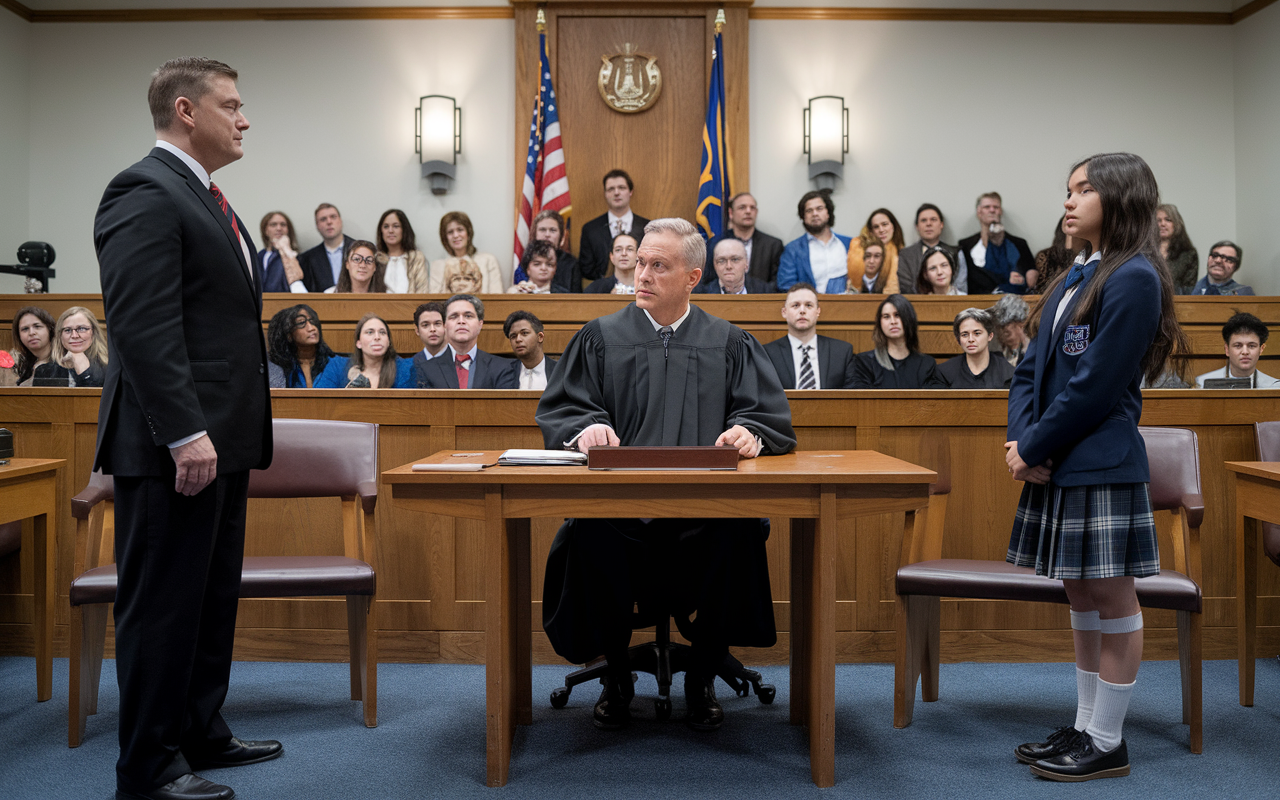In October 2024, a legal case emerged involving Hingham High School in Massachusetts. The parents of a senior student filed a lawsuit against the school, alleging that their son was unfairly punished for using artificial intelligence (AI) to assist with a history project. This incident has sparked a broader discussion about the role of AI in education and the clarity of academic policies regarding emerging technologies.
Details of the Incident
The student, referred to as RNH in legal documents, collaborated with a classmate on a National History Day project focusing on Kareem Abdul-Jabbar’s civil rights activism. They utilized AI tools during the initial research and drafting phases. However, their history teacher discovered the use of AI, deemed it unauthorized, and accused them of academic dishonesty. Consequently, RNH received a failing grade on the project, detention, and was barred from the National Honor Society.
Arguments Presented by the Parents
Jennifer and Dale Harris, the student’s parents, argue that at the time of the incident, the school’s handbook did not explicitly prohibit the use of AI. They contend that their son did not commit plagiarism, as AI-generated content does not originate from another human author. The lawsuit claims that the disciplinary actions have adversely affected their son’s academic record and his prospects for admission to elite universities.
School’s Position on the Matter
Hingham High School officials maintain that the student’s use of AI constituted unauthorized assistance, violating the school’s academic integrity policy. They assert that the lack of citation for AI-generated content equates to plagiarism. The school has since updated its handbook to include specific guidelines on AI usage, emphasizing the importance of originality in student work.
Legal Proceedings and Outcomes
The case proceeded to federal court, where both parties presented their arguments. In November 2024, U.S. Magistrate Judge Paul Levenson ruled in favor of the school, stating that the disciplinary actions were appropriate and did not violate the student’s rights. The judge emphasized the importance of academic integrity and the school’s authority to enforce its policies.
Implications for Academic Integrity Policies
This lawsuit has highlighted the need for educational institutions to develop clear and comprehensive policies regarding the use of AI in academic work. As technology evolves, schools must establish guidelines that define acceptable use, ensuring that students understand the boundaries and expectations related to AI tools.
The Role of AI in Education
Artificial intelligence has become increasingly prevalent in educational settings, offering tools that can aid in research, writing, and learning. However, the integration of AI raises questions about authorship, originality, and the potential for academic dishonesty. Educators and policymakers must balance embracing technological advancements with maintaining academic standards.
Developing Clear Guidelines for AI Usage
In response to incidents like the Hingham High School case, schools are encouraged to develop explicit policies that address AI usage. These guidelines should clarify what constitutes acceptable assistance from AI tools and outline the consequences of misuse. By providing clear instructions, schools can help students navigate the ethical considerations of using AI in their work.
Educating Students on Ethical AI Use
Beyond policy development, it is essential to educate students about the ethical implications of AI usage. Instruction on proper citation practices, understanding the limitations of AI, and recognizing the importance of original thought can empower students to use technology responsibly.
Balancing Innovation and Academic Integrity
The Hingham High School AI lawsuit underscores the tension between embracing innovative tools and upholding academic integrity. As AI continues to evolve, educational institutions must adapt by creating environments that encourage ethical use of technology while fostering creativity and learning.
FAQs
What was the Hingham High School AI lawsuit about?
The lawsuit involved a student who was disciplined for using artificial intelligence to assist with a history project. His parents claimed that the school’s policies did not explicitly prohibit AI use at the time, leading to a legal dispute over academic integrity and the role of AI in education.
How did the school justify the disciplinary actions?
The school argued that the student’s use of AI constituted unauthorized assistance and that failing to cite AI-generated content amounted to plagiarism, thus violating the school’s academic integrity policy.
What was the outcome of the lawsuit?
A federal judge ruled in favor of the school, stating that the disciplinary actions were appropriate and did not violate the student’s rights. The judge emphasized the importance of maintaining academic integrity.
How has this case impacted school policies on AI?
The case has prompted schools to re-evaluate and update their academic integrity policies to include clear guidelines on the use of AI, ensuring that students are aware of acceptable practices and the consequences of misuse.
Why is it important to have clear guidelines on AI usage in schools?
Clear guidelines help students understand the ethical boundaries of using AI tools, prevent academic dishonesty, and ensure a fair learning environment where originality and integrity are valued.
What can students do to use AI ethically in their academic work?
Students should seek guidance from educators on acceptable AI use, always cite any AI assistance received






